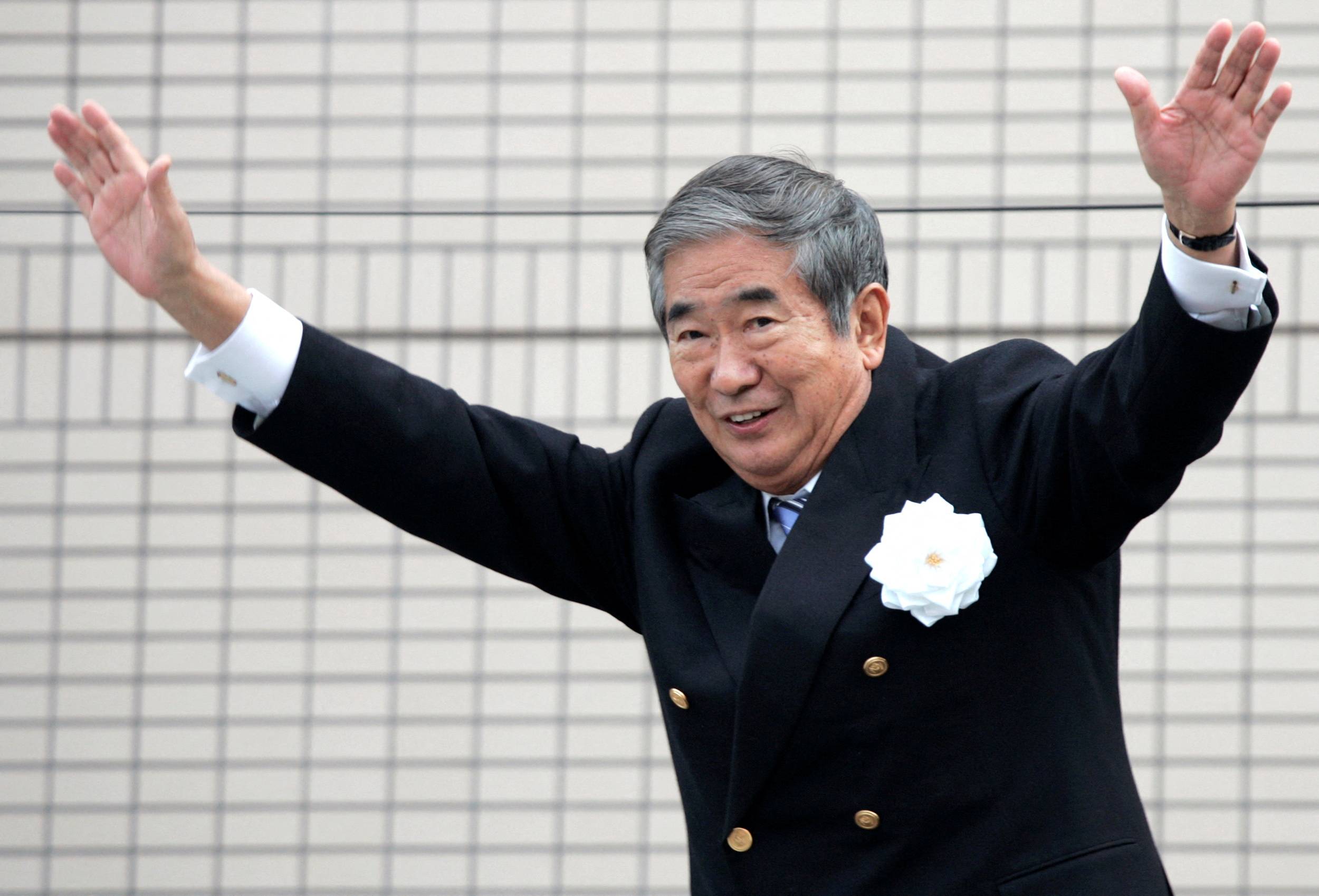Author and fiery nationalist Shintaro Ishihara — a former Tokyo governor whose outbursts and views stoked anger among both Japan’s neighbors and allies — died Tuesday after a reoccurrence of pancreatic cancer last October, his family said. He was 89.
Ishihara, an award-winning writer before turning to politics, served nearly three decades in both houses of Japan’s parliament under the banner of the long-dominant Liberal Democratic Party before being elected governor of Tokyo in 1999, a post he held through 2012.
Known abroad for stoking international controversy during the peak of Japan’s bubble era with the publication of his 1989 book "The Japan That Can Say No," co-authored with then-Sony Corp. chief Akio Morita, Ishihara used the tome to urge Japan to forge a more independent path.



















With your current subscription plan you can comment on stories. However, before writing your first comment, please create a display name in the Profile section of your subscriber account page.